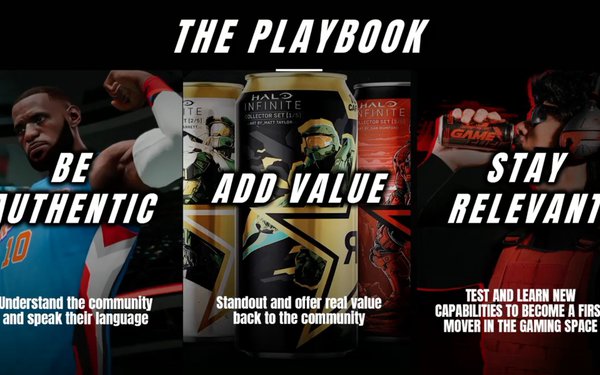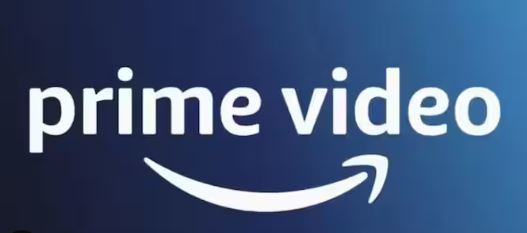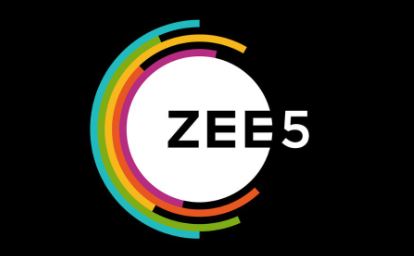How To Advertise Esports Games?
5 min read
Advertising Esports Games and the Challenges?
“Advertise Esports Games” It effectively requires a strategic approach that leverages various platforms and techniques to reach and engage your target audience. Here’s a comprehensive guide to help you navigate the process:
1.Understand Your Audience
- Demographics: Identify the age, gender, and interests of your target audience.
- Psychographics: Understand their values, attitudes, and lifestyles.
- Behavioral Insights: Analyze their gaming habits, favorite platforms, and spending patterns.
2.Develop a Strong Brand Identity
- Visuals: Create compelling logos, color schemes, and design elements that reflect your game’s identity.
- Voice: Establish a consistent tone and style for all communications.
3.Utilize Social Media
- Platforms: Focus on platforms where gamers are most active, such as Twitter, Instagram, TikTok, and Facebook.
- Content: Share engaging content, including gameplay videos, trailers, behind-the-scenes looks, and memes.
- Engagement: Interact with followers through comments, polls, and live streams.
4.Leverage Influencer Marketing
- Identify Influencers: Collaborate with gaming influencers and streamers who have a large, engaged following.
- Sponsored Content: Create partnerships for sponsored streams, reviews, and social media posts.
- Affiliate Programs: Offer influencers commission-based incentives to promote your game.
5.Create High-Quality Content
- Trailers and Teasers: Produce professional and captivating trailers to build anticipation.
- Gameplay Footage: Showcase key features, updates, and unique elements of your game.
- Tutorials and Guides: Help new players understand the game with detailed guides and how-to videos.
6.Engage with the Esports Community
- Forums and Communities: Participate in discussions on Reddit, Discord, and other gaming forums.
- Competitions and Tournaments: Host or sponsor tournaments to increase visibility and credibility.
- Esports Teams: Partner with professional esports teams for endorsements and collaborations.
7.Optimize Your Website and Online Presence
- SEO: Use relevant keywords and phrases to improve search engine rankings.
- Blog: Maintain a blog with regular updates, news, and insights related to your game and the esports industry.
- Landing Pages: Create dedicated landing pages for promotions, events, and updates.
8.Paid Advertising
- Social Media Ads: Run targeted ad campaigns on social media platforms to reach specific demographics.
- Google Ads: Utilize Google Ads to appear in search results and on relevant websites.
- Video Ads: Place ads on YouTube and other video platforms where gamers consume content.
9.Collaborate with Gaming Media
- Press Releases: Distribute press releases to gaming news sites and blogs.
- Reviews: Send game copies to journalists and influencers for reviews.
- Features and Interviews: Secure features and interviews on popular gaming websites and podcasts.
10.Monitor and Adjust Your Strategy
- Analytics: Use tools like Google Analytics, social media insights, and other analytics platforms to track the performance of your campaigns.
- Feedback: Collect feedback from players and the community to understand what’s working and what’s not.
- Iteration: Continuously refine and adjust your strategies based on data and feedback.
Conclusion
Advertising esports games effectively involves a mix of understanding your audience, creating engaging content, leveraging influencers, participating in the esports community, optimizing your online presence, using paid advertising, and collaborating with gaming media. By combining these strategies, you can build a robust promotional campaign that reaches and resonates with your target audience.
Challenges in advertising of Esports Games –
Advertising esports games presents several challenges, ranging from understanding the target audience to managing the fast-paced and competitive nature of the industry. Here are some of the key challenges you might face:
1.Highly Competitive Market
- Crowded Space: The esports market is saturated with many games and events, making it difficult to stand out.
- Brand Loyalty: Players often have strong attachments to established games, making it challenging for new entrants to attract their attention.
2.Dynamic Audience Preferences
- Changing Trends: Gamer preferences and trends evolve rapidly, requiring constant adaptation of marketing strategies.
- Diverse Interests: The esports audience is diverse, with varying interests across different genres and platforms, complicating targeted marketing efforts.
3.Content Creation and Quality
- High Expectations: Gamers expect high-quality, engaging content, which requires significant investment in production and creativity.
- Content Saturation: With a flood of content available, creating unique and memorable marketing materials is increasingly challenging.
4.Effective Use of Influencers
- Finding the Right Influencers: Identifying influencers who align well with your brand and can effectively reach your target audience can be difficult.
- Maintaining Authenticity: Ensuring that influencer partnerships come across as authentic rather than purely commercial is crucial for credibility.
5.Engagement and Community Building
- Sustained Interaction: Keeping the community engaged over time requires ongoing interaction and fresh content.
- Handling Feedback: Managing and responding to feedback, both positive and negative, in a constructive way can be challenging.
6.Budget Constraints
- Limited Resources: Smaller developers or new entrants might have limited marketing budgets compared to established players, making it harder to compete.
- Allocating Funds: Deciding how to allocate the budget effectively across different marketing channels can be complex.
7.Technology and Platform Dependence
- Platform Algorithms: Dependence on social media and streaming platforms means you are subject to their algorithm changes, which can impact your reach and engagement.
- Technical Issues: Ensuring that all digital marketing efforts are technically sound and free of issues (e.g., website performance, video quality) is critical.
8.Legal and Ethical Considerations
- Regulations: Navigating advertising regulations and ensuring compliance with legal requirements, especially when targeting a global audience, can be complicated.
- Ethical Marketing: Maintaining ethical standards in marketing, such as transparency and honesty, while also trying to stand out, is a balancing act.
9.Measuring Success
- Metrics Overload: With a multitude of metrics available, determining which ones truly measure the success of your campaigns can be overwhelming.
- Attribution Challenges: Accurately attributing sales or engagement to specific marketing efforts, especially across multiple channels, is difficult.
10.Market Volatility
- Economic Factors: Economic downturns or changes in consumer spending can impact the success of marketing campaigns.
- Ecosystem Changes: Shifts in the esports ecosystem, such as new competitors or changes in player behavior, require ongoing strategy adjustments.
Conclusion
Navigating these challenges requires a strategic approach that combines creativity, flexibility, and data-driven decision-making. Staying updated with industry trends, continuously engaging with the community, and refining your strategies based on feedback and performance analytics are crucial for overcoming these hurdles and successfully advertising esports games.
Top 5 OTT Platforms in India |












